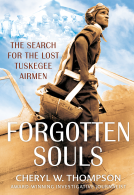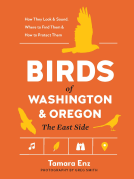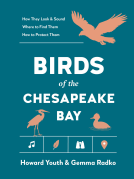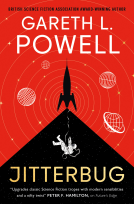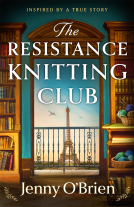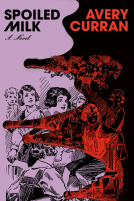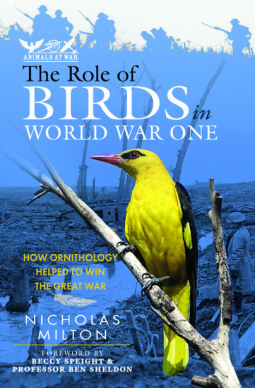
The Role of Birds in World War One
How Ornithology Helped to Win the Great War
by Nicholas Milton
This title was previously available on NetGalley and is now archived.
Send NetGalley books directly to your Kindle or Kindle app
1
To read on a Kindle or Kindle app, please add kindle@netgalley.com as an approved email address to receive files in your Amazon account. Click here for step-by-step instructions.
2
Also find your Kindle email address within your Amazon account, and enter it here.
Pub Date Sep 30 2022 | Archive Date Oct 10 2022
Pen & Sword | Pen & Sword History
Talking about this book? Use #TheRoleofBirdsinWorldWarOne #NetGalley. More hashtag tips!
Description
The British Expeditionary Force sent to France in the late summer of 1914 has been referred to as ‘The Best British Army Ever Sent to War’ as it was one of the most highly trained and disciplined forces in the world. It was also the ‘Best Birdwatching Army Ever Sent to War’ for among its ranks were hundreds of both amateur and professional ornithologists. When not fighting many soldiers turned to birdwatching as a way of whiling away the long hours spent on guard duty or watching over ‘no man's land’. As a result, the hobby ranked as one of the most popular past-times for soldiers at the front, on a par with smoking, writing, games, gambling, sport and shooting rats. The list of birds seen by soldiers serving in all the theatres of war was truly impressive ranging from the common like sparrows, skylarks and swallows to the exotic like golden orioles, hoopoes and bee-eaters.
It was not just at the battle front that birds found themselves in the firing line but also on the home front. Birds provided inspiration for politicians, poets and painters who carried on despite the terrible conflict raging all around them. For the Foreign Secretary Edward Grey, who worked tirelessly to preserve peace but ended up convincing the House of Commons to go to war, birds were his hinterland. But as well as declaring war on Germany on 4 August 1914 the government also declared war on the humble house sparrow, farmers falsely accusing it of destroying Britain’s dwindling wheat and oat supplies.
When the guns finally fell silent on the 11 November 1918 and the Great War came to an ignoble end, a generation of birdwatchers lay dead. Among them were scientists, researchers, lords, librarians, artists, authors, professors, poets, lawyers, surgeons and explorers, many barely having entered manhood. If they had lived the science of ornithology and the hobby of birdwatching would have undoubtedly been much the richer. A selection of them is included in the Ornithological Roll of Honour at the back of this book.
Available Editions
| EDITION | Hardcover |
| ISBN | 9781399070560 |
| PRICE | £22.00 (GBP) |
Links
Average rating from 3 members
Readers who liked this book also liked:
Nolo Hopkinson; P. Djèlí Clark; Tobias S. Buckell; T.L. Huchu; Tananarive Due; Xan van Rooyen; Gabrielle Emem Harry; Chisom Umeh; Makena Onjerika; Wole Talabi
Multicultural Interest, Sci Fi & Fantasy
; Debra Colodner; Catherine Bartlett; Jesús M. García; Craig Ivanyi; Roxane Ramos
Children's Nonfiction, Outdoors & Nature, Travel
Howard Youth; Gemma Radko
Children's Nonfiction, Outdoors & Nature, Travel
Kristin Link
Arts & Photography, Crafts & Hobbies, Outdoors & Nature
Jenny O'Brien
General Fiction (Adult), Historical Fiction, Women's Fiction

